On the morning of April 4, under the chairmanship of Vice Chairwoman of the Committee for Culture and Society Nguyen Thi Mai Hoa, the Supervisory Delegation of the National Assembly Standing Committee worked with the Vietnam - Korea Bac Giang College of Technology (VKTECH) on the situation of human resource training, especially high-quality human resources, to meet the requirements of socio-economic development.
College graduates have employment rate of over 92%
Vietnam - Korea Bac Giang College of Technology was established in 2012, is one of the prestigious vocational training institutions, one of the leading training and applied research schools in technology and engineering in the region, selected by the Prime Minister to focus on investment to become a high-quality college.
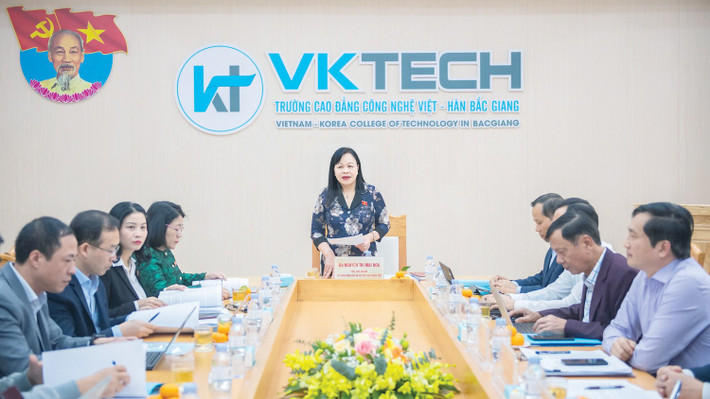
In 2014, the school officially came into operation with the enrollment of 300 students in 5 college-level occupations. Up to now, the school has been registered to train 43 majors/occupations at all levels, of which 16 college occupations include 7 key international occupations: Industrial Electricity, Industrial Electronics, Mechatronics, Welding, Automotive Technology, Information Technology (UDPM), Metal Cutting; 12 intermediate occupations; 15 elementary occupations, with a scale of 2,760 people/year.
In the period of 2021 - 2024, the school completed training for 4,201 students, of which 1,787 were college students, 2,414 were intermediate students in 21 majors/occupations. Training quality is focused on, the graduation rate is always above 95%.
The school is focusing on training high-quality human resources through improving 4 quality assurance factors: high-quality programs and learning materials (regularly reviewed, discussed with experts from businesses, and experienced lecturers); facilities are regularly invested in, updated with new science and technology; lecturers are focused on training and improving their expertise and skills both domestically and abroad; school administrators effectively use the training management software system and are continuously updated with data and processes.
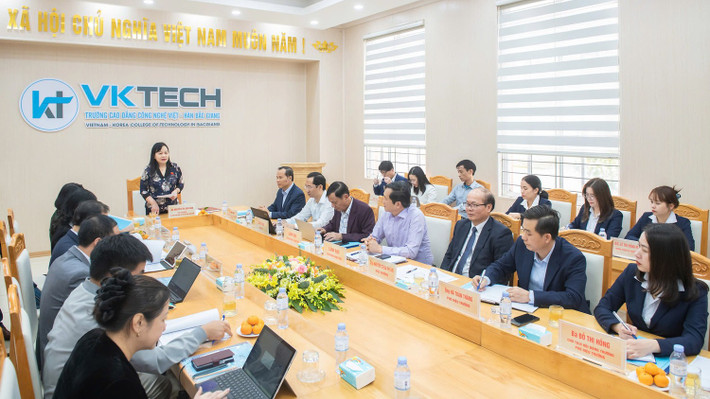
Training equipment is basically invested in a synchronous and modern manner according to the orientation of the Korean Polytechnic System and has been manufactured since 2011. The number of training equipment currently available at the school meets about 72.1% of the minimum training equipment list as prescribed. However, the school has been flexible in researching and investing in multi-functional equipment, used for many professions and integrating information technology in training, thus ensuring 100% of the training content in the program.

Up to now, the school has signed cooperation agreements and has close relationships with more than 150 enterprises in many fields (industry, manufacturing, assembly, technology, trade, human resource supply, etc.), including more than 80 enterprises in the province; about 70 enterprises outside the province and enterprises with foreign investment capital (FDI). With specific contents in the cooperation agreement, the school has built many different models in connecting enterprises. Thereby, contributing to the average employment rate of students after graduation reaching over 85%, especially college level always reaching over 92%, mainly working at FDI enterprises in the locality and neighboring provinces such as: Bac Ninh, Hai Duong, Hanoi... Among the students with jobs, 5 - 8% of students participate in labor, work abroad such as: Japan, Taiwan, Korea...
“The school clearly defines its orientation on educational quality, focusing on learners; the four quality assurance factors mentioned above are essential,” affirmed Nguyen Cong Thong, Principal of the Vietnam - Korea Bac Giang College of Technology.
Consider adding the concept of practical training facilities
Through practical operations, Principal Nguyen Cong Thong said that the Vietnam - Korea Bac Giang College of Technology also encountered some difficulties and problems. For example, attracting foreign experts and lecturers with capacity and professional experience to teach at Vietnamese schools, the application procedures are complicated, not feasible for short-term exchange programs, while the training quality of many schools/institutes has been recognized by the host country and meets accreditation standards; the diplomas are recognized by the Vietnamese Ministry of Education and Training.
“We propose that the National Assembly consider amending and supplementing the following laws: the Law on Employment, the Law on Vocational Education, the Law on Education, and the Law on Higher Education in a simpler manner to create conditions to attract experts and lecturers from foreign schools to teach in Vietnam. In the immediate future, we can consider limiting the fields of science, technology and production, especially those that Vietnam is encouraging to develop,” Principal Nguyen Cong Thong suggested.
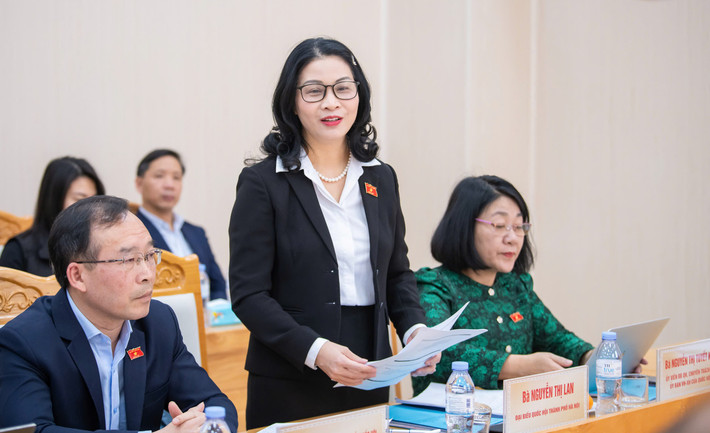
In the context of the 4.0 Industrial Revolution, science and technology develop rapidly and become increasingly specialized; technology used in the production area is also regularly updated and upgraded at a much faster rate than before, leading to the need for workers to be equipped with knowledge, skills and capacity to respond promptly to the diverse and rapid changes above.
In Korea, Germany, the Netherlands, the United States, etc., or most OECD countries, the system of training schools from college level and above is clearly divided into two branches, including research-oriented schools and practice-oriented schools, without distinction in training level (college, university, master's degree, etc.) as well as salary according to the labor market. The division of learners into each branch is carried out immediately after finishing junior high school.
In Vietnam, the national education system is only divided by training level but has not classified training institutions according to research orientation or practice orientation, leading to difficulties for learners to choose a vocational branch to study at university level or higher.
From the reality and experience of other countries, Principal Nguyen Cong Thong suggested that the Law on Higher Education should supplement the concept and classification regulations of practical universities and research universities. People with college degrees can easily transfer to practical universities and higher, even research universities if they meet the requirements.
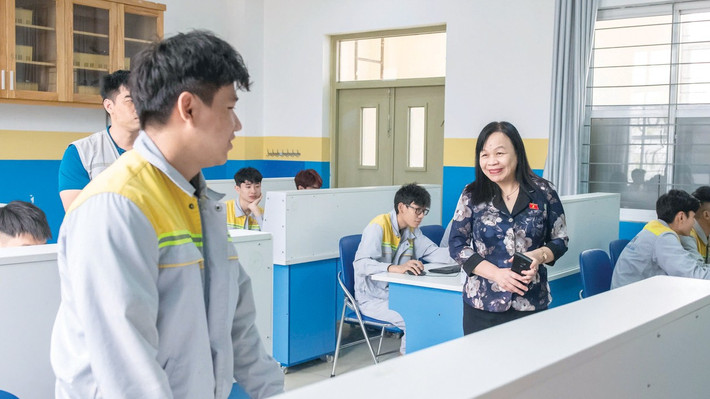
For the Law on Education and the Law on Vocational Education, consider adding the concept of Intermediate Practice to replace the current 9+ model. Accordingly, Intermediate Practice learners will only study one program with two blocks of knowledge: Intermediate Vocational (according to current regulations) and High School knowledge with appropriate volume.
In addition, amending regulations on vertical linkage in the national education system in the direction of creating favorable conditions for workers to carry out "Lifelong Learning", having knowledge, skills, and capacity to work, and achieving the goal of a degree. On the other hand, increasing the efficiency of the labor market to meet the needs of economic development.
Plan the development of a system of practical training facilities according to training levels and economic regions, to meet specialized needs in different fields. Thereby ensuring balance and efficiency in structure, quantity and qualifications of labor according to the characteristics of each economic region.
Pay attention to allocating appropriate financial resources to implement the planning for the development of a network of practical training facilities nationwide in line with the characteristics and development roadmap of the labor market in each region and locality. The key investment content is to consolidate and enhance the capacity of the quality assurance system in schools....
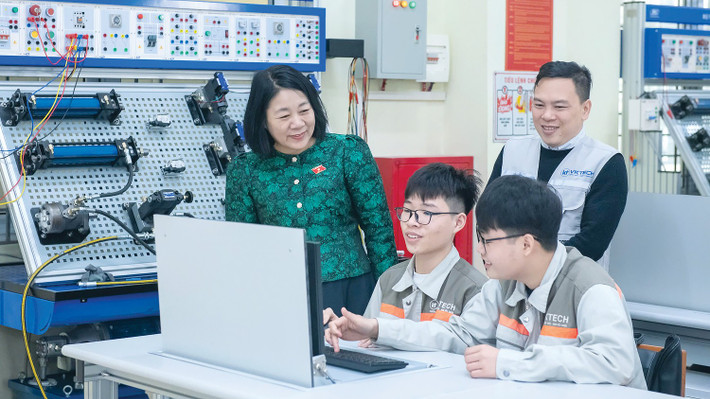
The monitoring delegation highly appreciated the report of the Vietnam - Korea College of Technology in Bac Giang, the content was carefully prepared, specific recommendations, based on practical basis, and thoroughly researched. Many issues of concern to the monitoring delegation were clarified by the school leaders, providing much useful information related to the implementation of policies and laws in human resource training.
The monitoring delegation was impressed with the results and training quality of the school, which has greatly contributed to the human resources of Bac Giang and neighboring localities. This shows the investment interest of Bac Giang provincial leaders, the proactiveness and flexibility of the school, especially in connecting with domestic and foreign enterprises, linking training with practical needs.
“The model, operation, contributions, concerns and recommendations of the Vietnam - Korea Bac Giang College of Technology will be compiled, studied and included in the monitoring results report, resolutions of the National Assembly and in the process of implementing the tasks of the Committee on Culture and Society, first of all, amending a number of related laws,” emphasized Deputy Head of the Committee on Culture and Society Nguyen Thi Mai Hoa.
+ On the same morning, Working Group No. 2 of the Supervisory Delegation of the National Assembly Standing Committee, led by Deputy Chairman of the Committee for Culture and Social Affairs Lam Van Doan, worked with Ha Phong Garment Export Joint Stock Company in Hiep Hoa district, Bac Giang province.
Source: https://daibieunhandan.vn/quy-hoach-phat-trien-he-thong-co-so-dao-tao-thuc-hanh-de-dap-ung-nhu-cau-lao-dong-chuyen-biet-post409331.html




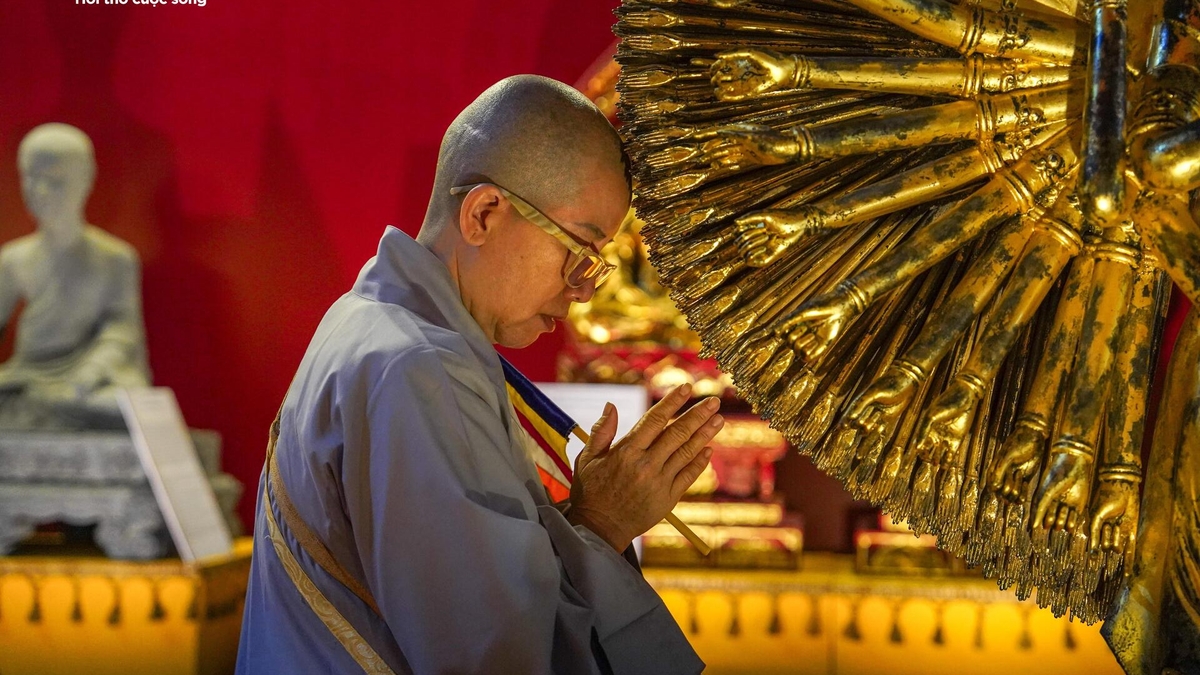
![[Photo] Prime Minister Pham Minh Chinh chairs the regular Government meeting in April 2025](https://vphoto.vietnam.vn/thumb/1200x675/vietnam/resource/IMAGE/2025/5/6/48eb0c5318914cc49ff858e81c924e65)
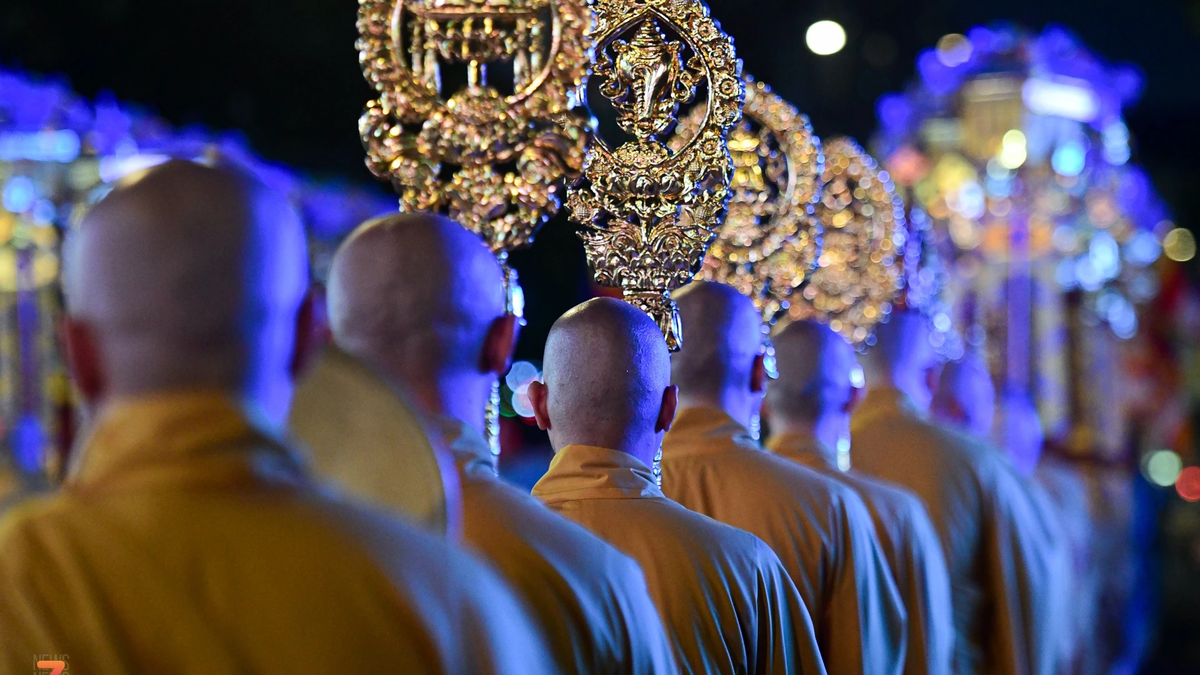
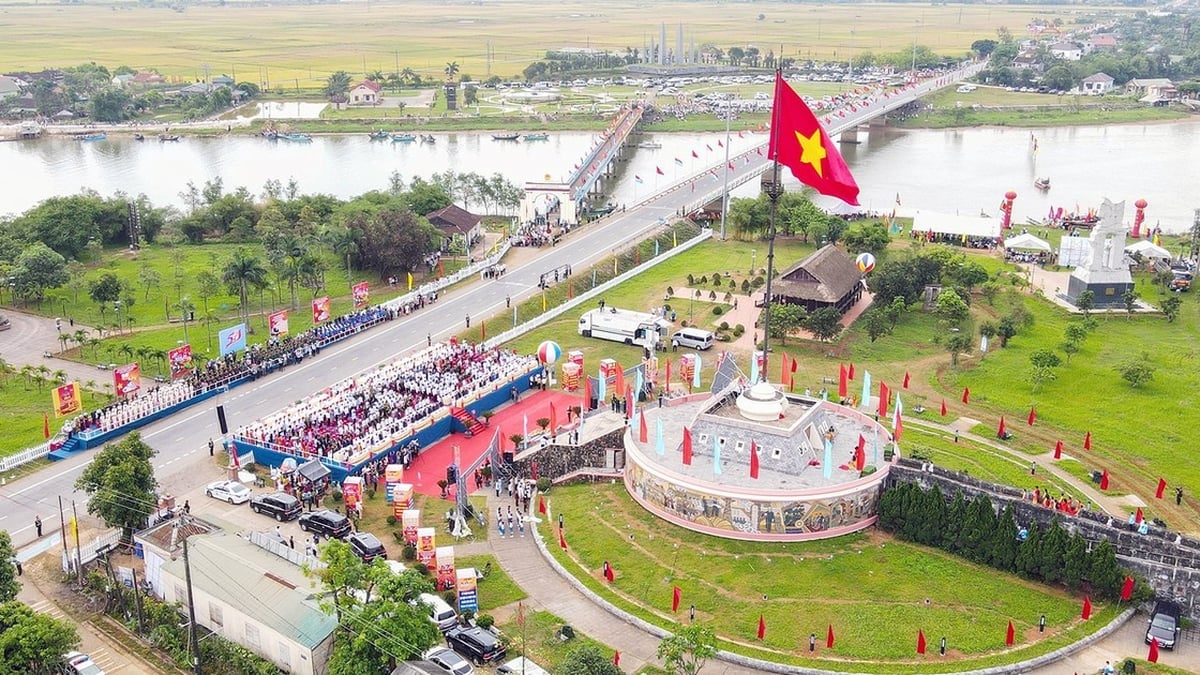
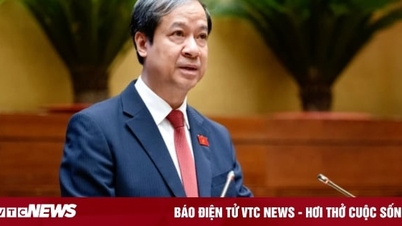


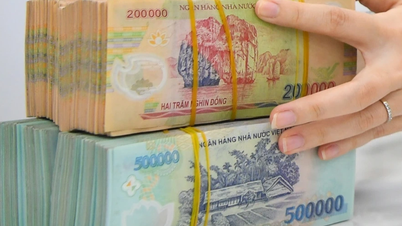
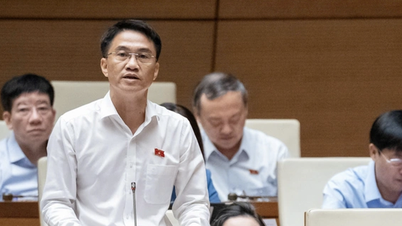
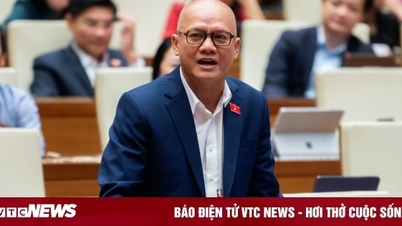







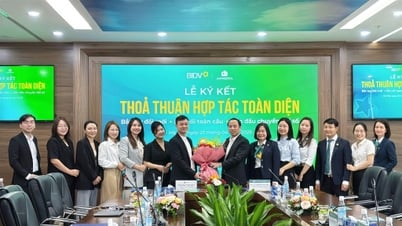


![[Photo] Overseas Vietnamese in France review history through special supplement commemorating 50 years of national reunification](https://vphoto.vietnam.vn/thumb/1200x675/vietnam/resource/IMAGE/2025/5/6/e92838061d514fceb6edc82f751aafef)

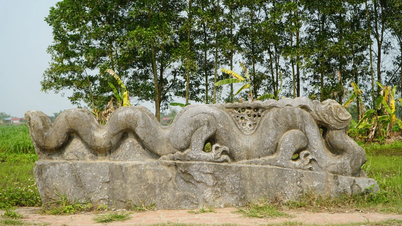



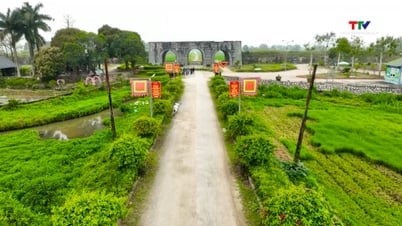





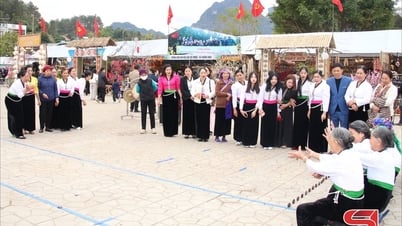



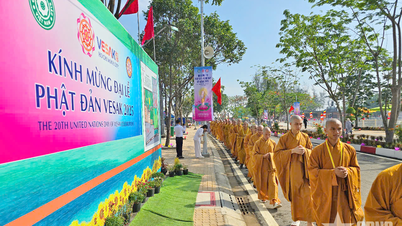

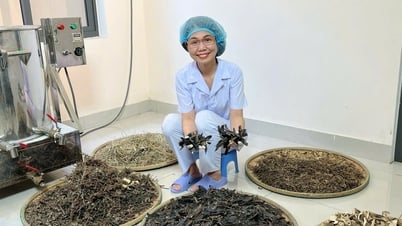

















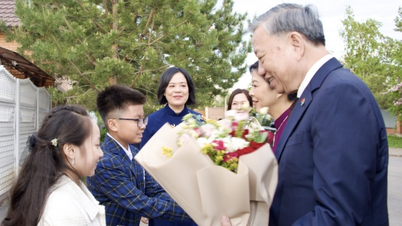

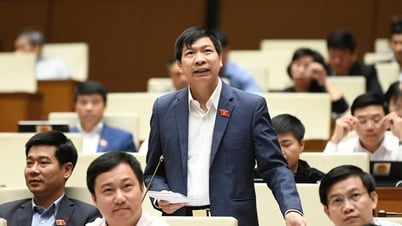


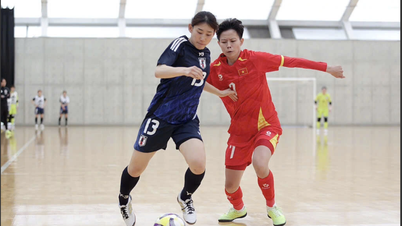
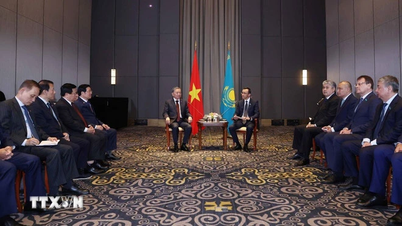
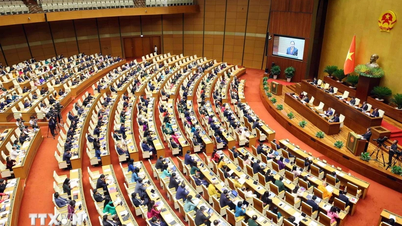

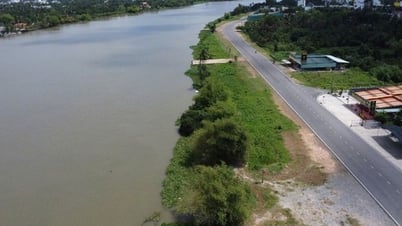



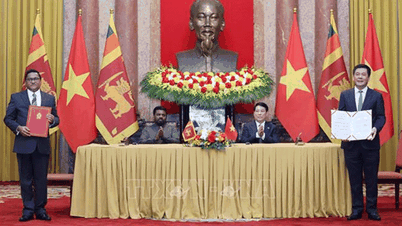

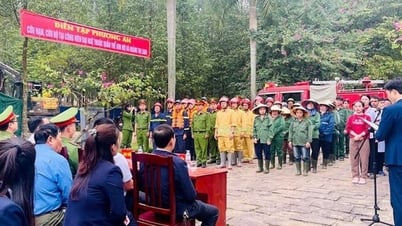




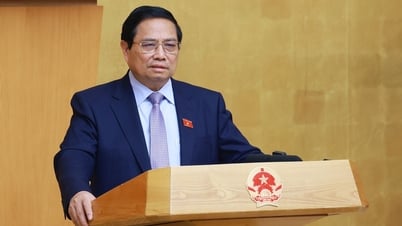



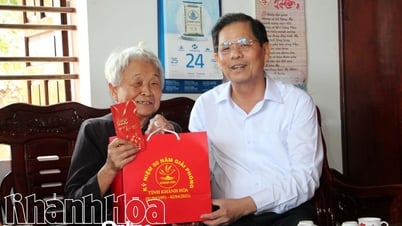



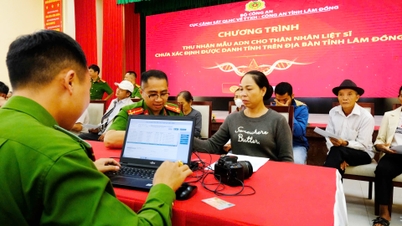

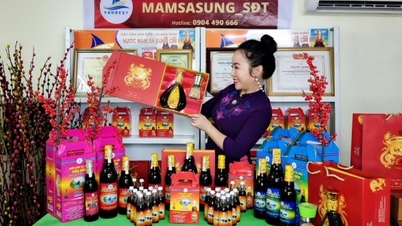

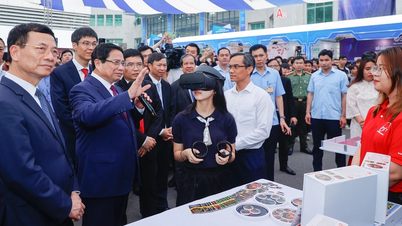





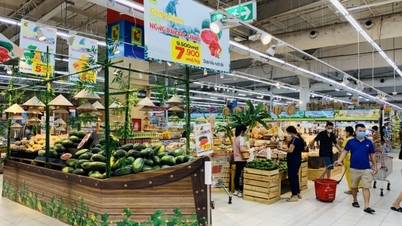

Comment (0)